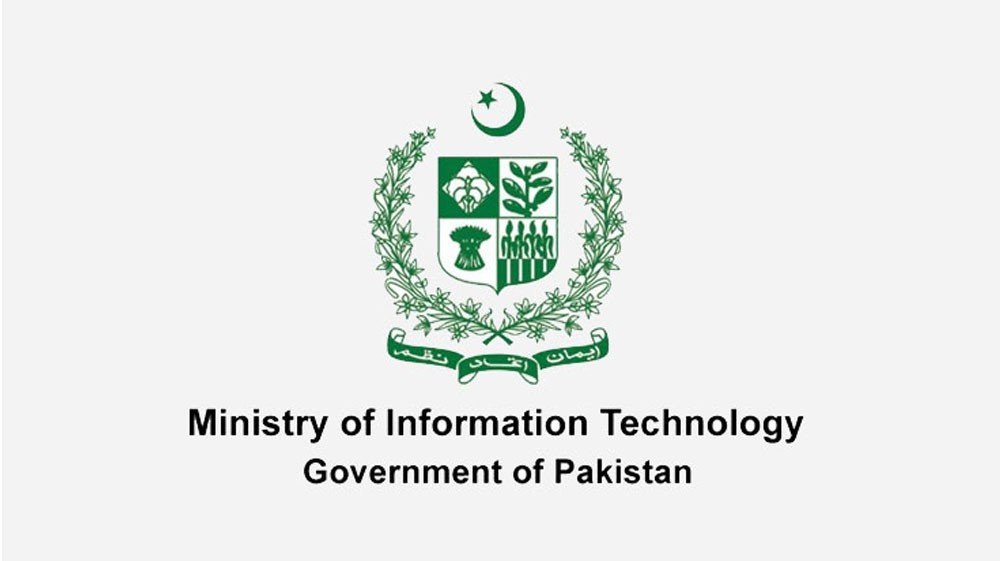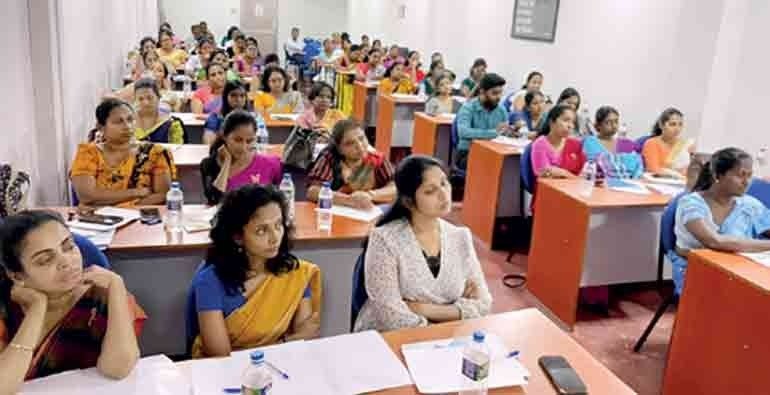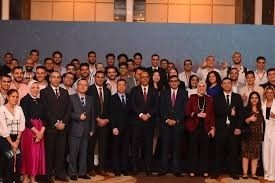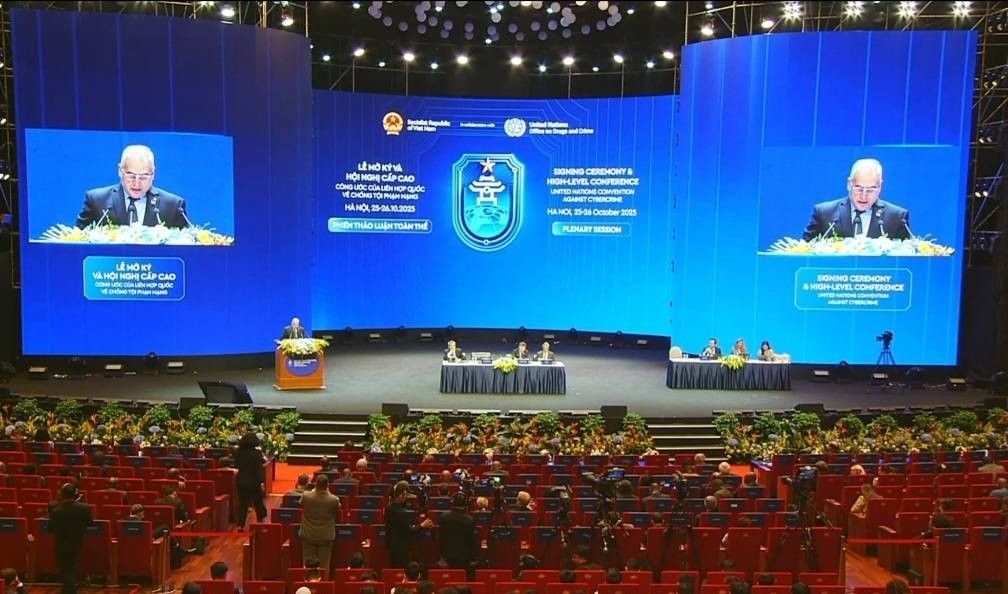Islamabad — In a groundbreaking move toward inclusive disaster communication, Pakistan’s ConnectHear, in collaboration with telecom operator Ufone, has launched an artificial intelligence-powered early warning system that delivers real-time alerts in sign language to the deaf and hard-of-hearing community.
The system, named SUNO — meaning “listen” in Urdu — is supported by the GSMA Mobile for Humanitarian Innovation Fund. It aims to bridge a longstanding accessibility gap by ensuring that deaf individuals receive vital emergency information during natural disasters such as floods and earthquakes.
Pakistan, one of the most climate-vulnerable nations in the world, faces recurring natural disasters that have claimed thousands of lives. The 2022 floods alone killed over 1,700 people and displaced more than 8 million, while floods this year have already resulted in over 1,000 deaths. For the estimated 10 million deaf and hard-of-hearing Pakistanis, traditional warning systems often fail to provide timely, understandable alerts — a gap that SUNO seeks to close.
“Our collaboration with ConnectHear reflects our belief that true digital inclusion leaves no one behind,” said Hatem Bamatraf, President and Group CEO of PTCL and Ufone 4G. “Through this partnership, we are using technology with purpose to create impact that truly matters.”
Through Ufone’s WhatsApp bot, SUNO broadcasts sign language video alerts free of charge to at-risk individuals across Pakistan. ConnectHear’s AI-powered system generates the sign language content, while Ufone ensures nationwide delivery.
Azima Dhanjee, Co-founder of ConnectHear, who grew up in a deaf family, emphasized the project’s importance: “In an emergency, communication isn’t just important — it’s a matter of life and death. Deaf individuals have been cut off from urgent alerts for far too long. With this project, we’re finally changing that.”
Kimberly Brown, Head of Mobile for Humanitarian Innovation at GSMA, commended the initiative as a model for inclusive crisis technology. “This platform shows how mobile tools can break barriers in disaster preparedness and deliver life-saving information to those who need it most,” she said.
By combining artificial intelligence, mobile networks, and sign language accessibility, SUNO marks a major step toward equitable digital inclusion — ensuring that no one is left behind when disaster strikes.















